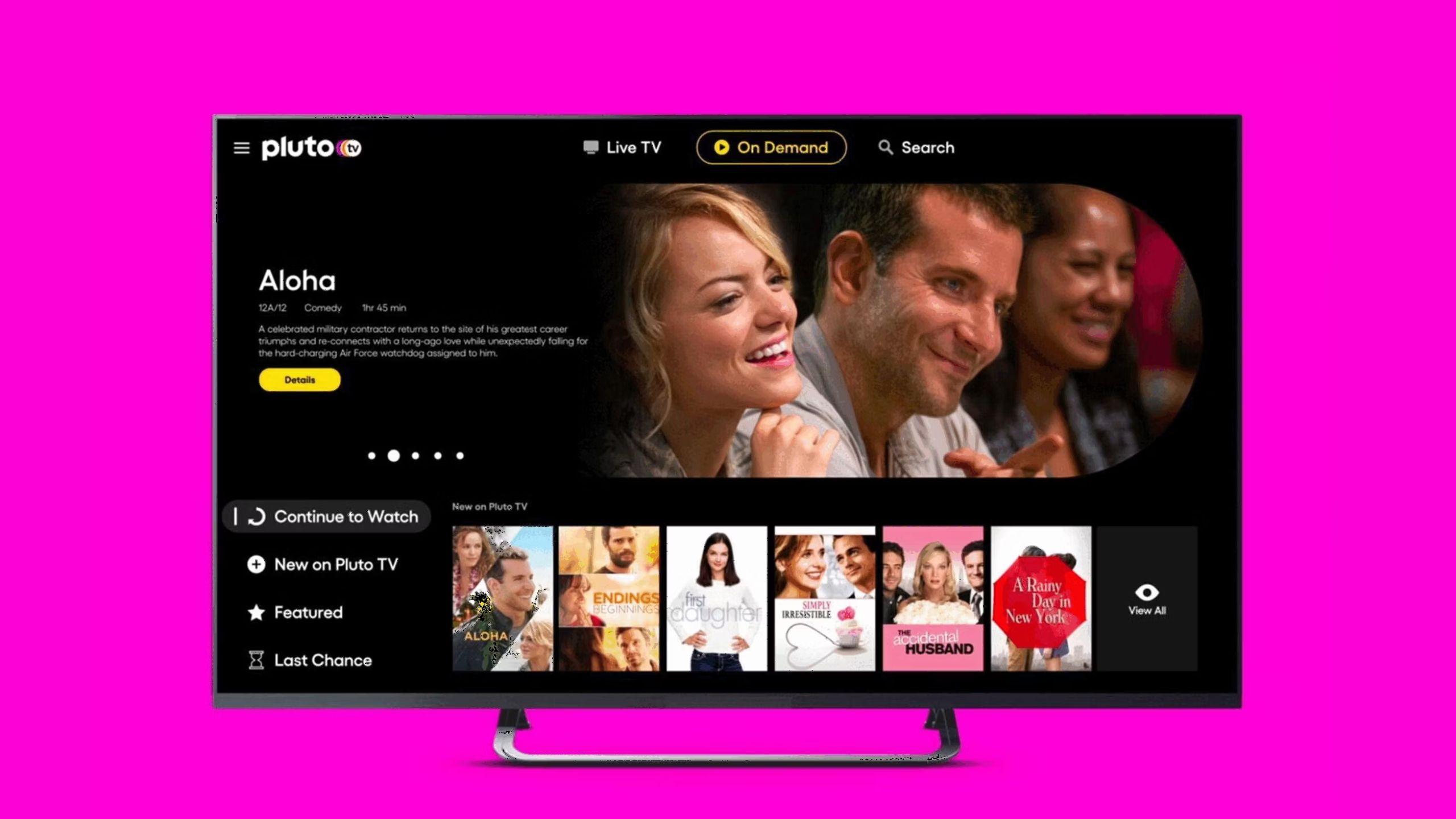Key Takeaways
- Pluto TV is entirely ad-supported — there are no subscription fees or one-time purchases.
- You sacrifice some of your privacy (and patience with ads) for the privilege of watching.
- Don’t expect access to 4K HDR or Dolby Atmos during viewing.
Pluto TV is one of the best-recognized names when it comes to free TV streaming, at least in North America. It’s almost hard to say why — it’s not like there aren’t plenty of alternatives these days, such as Philo or Plex. A lot of smart TVs, such as Samsung’s, ship with free TV streaming apps preloaded. It’s an easy value-add and source of revenue.
Is Pluto TV completely free, though? While its slogan is “stream now, pay never,” it still has to generate money somehow. You probably know the basic answer when it comes to ad revenue — but there’s a lot more to say on the topic.
Is Pluto TV completely free?
Let’s split hairs for a moment
Pluto TV
In the most direct sense, yes. There are no recurring subscription fees, and no one-time purchases, not even for the service’s on-demand content. You don’t have to log into Pluto TV, either — the only benefit of doing that is the ability to sync your Watchlist and Favorites across multiple devices. If you just want to binge a few episodes of I Love Lucy or Star Trek, you can launch the app and go.
Your eyeballs are the real product.
How does Pluto make money? Selling advertising. There are frequent ad breaks, often including the same spots over and over again. Essentially, your eyeballs are the real product — Paramount (Pluto’s parent company) is only trying to keep you entertained long enough to make it through a few ad blocks. In some cases, the ads may point to services like Paramount+, where you’ll be nudged into spending cash.
Is there a catch?
A question about what you value most
Pluto / Pocket-lint
The most serious tradeoff is privacy. Paramount’s privacy policy states that, among other reasons, it collects info “to personalize advertising and marketing,” and it may share Pluto data with other Paramount brands as well as “business partners,” including companies “supporting advertising based on your interests.”
What sort of info is it collecting? Unless you’re able to opt out or block it (opting out being a regional matter), that may include how you interact with Pluto, and online identifiers such as cross-site cookies or your IP address. Some of this is obviously necessary — Pluto can’t serve up regional ads if it can’t figure out which country you live in — but you’re creating another digital fingerprint that might be used to identify you and/or sell you more products. Some people are already uncomfortable with how much information advertisers already know about them, and if you’re in that group, you may feel a little more at ease by sticking to ad-free services.
It’s hard to stay scared during something like Hereditary or The Witch after an ad for the latest reality TV show.
The pure irritation of ads shouldn’t be downplayed. Like we said, Pluto’s ads are frequent and repetitive, which could be enough to drive some people back to paid services even when they like the channels on offer. They also break immersion when you’re watching movies — it’s hard to stay scared during something like Hereditary or The Witch after an ad for the latest reality TV show.
You also shouldn’t expect the same level of audio and video quality you’d find on a service like Max, Netflix, or Disney+. While 4K content does exist on Pluto, depending on the region and channel, you may be limited to 1080p or even 720p resolution for some videos. Don’t expect a 4K version of Gunsmoke or Three’s Company. Similarly, while some movies and shows may be available in surround sound, you’re not going to be hearing anything in Dolby Atmos.
As a rule, if you want a cinema-quality presentation, you need to pay some sort of premium for it.
Trending Products






